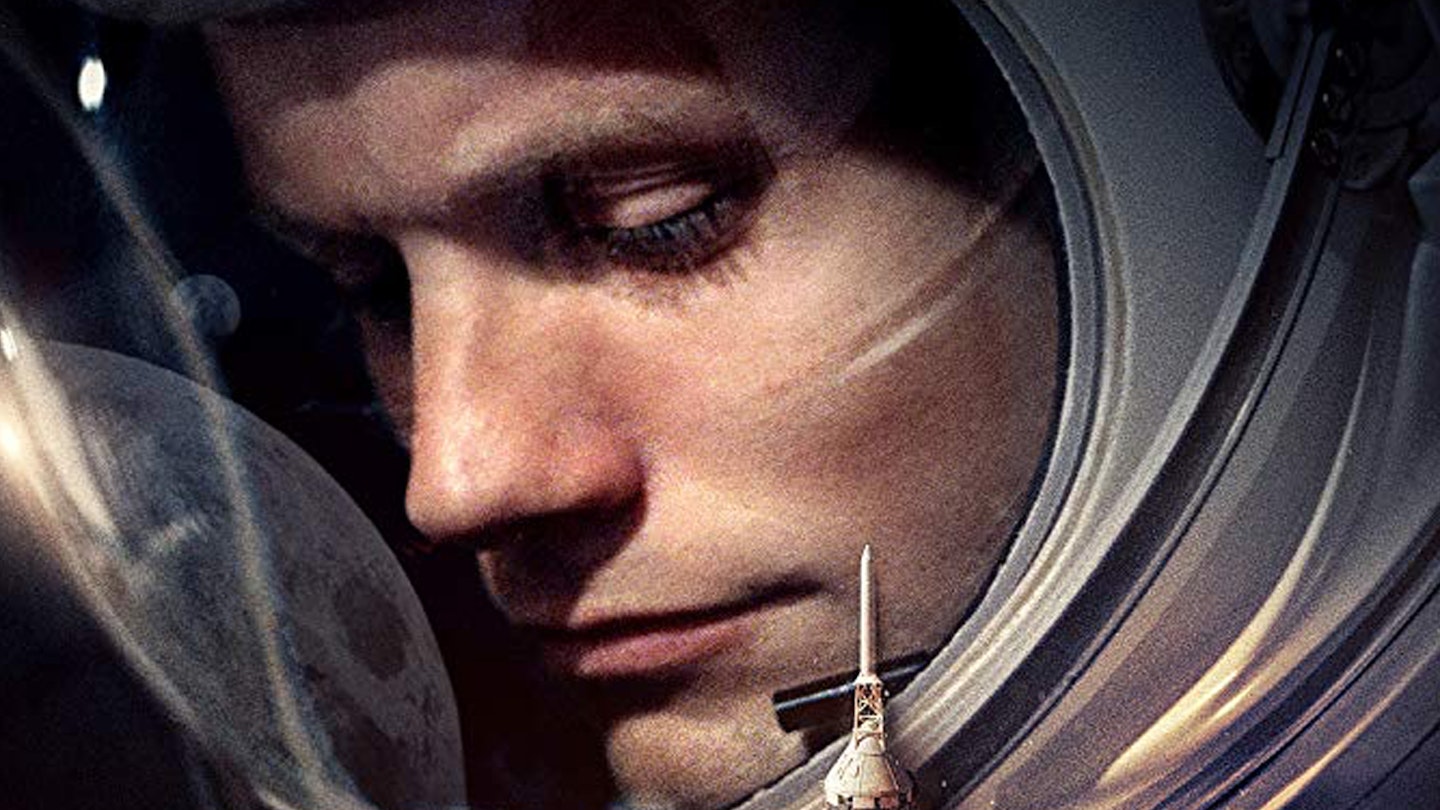“Stoic” and “dependable” are ideas that come up a lot in David Fairhead’s enjoyable if hardly groundbreaking portrait of Neil Armstrong, the test pilot-turned-astronaut who became the first human being to set foot on the moon. They are also terms that could describe the film itself. Fairhead, director of last year’s equally solid Spitfire doc, has mounted a film that ticks all the boxes but doesn’t do it with much flair, edge or depth.
Structurally the film takes a womb-to-tomb approach, tracing Armstrong’s strict Ohio upbringing, his passion for flight (he got a flying licence before a driving licence), his three years in Korea on active duty and his rise to lead the Apollo 11 mission. Interspersed are more personal threads— the death of his daughter Karen aged two that played so deeply into Damien Chazelle’s First Man biopic — and his life post his epoch-defining achievement, a reluctant career in public speaking, entering the corporate world and divorcing his wife Janet (“He said he would change,” she says about the end of the marriage. “He had 38 years to change”). There feels more to these topics than the film is willing to get into.
The story is told through talking heads with Armstrong’s family and colleagues (Buzz Aldrin is absent — the pair didn’t get on), but the film’s masterstroke is having Harrison Ford narrate Armstrong’s own words, the actor imbuing the astronaut’s thoughts with an apt no-nonsense gravitas. There’s some lovely home movie footage and it gives a good account of the moon landing itself — there is a tense bit where Armstrong struggles to find a parking space on the lunar surface.
But this tried and trusted approach — overegged by an insistent score — doesn’t do enough to bring the by now familiar tale to life, and coupled with a central figure who wouldn’t trouble Amy Winehouse or Maradona in the compelling documentary subject stakes means Armstrong never reaches the stars (you get the sense the saltier Janet — a NASA widow — might have provided a more interesting, leftfield way into the story). In the wake of the awe-inspiring Apollo 11, Armstrong feels solid and dependable — like the man himself — but little else.
